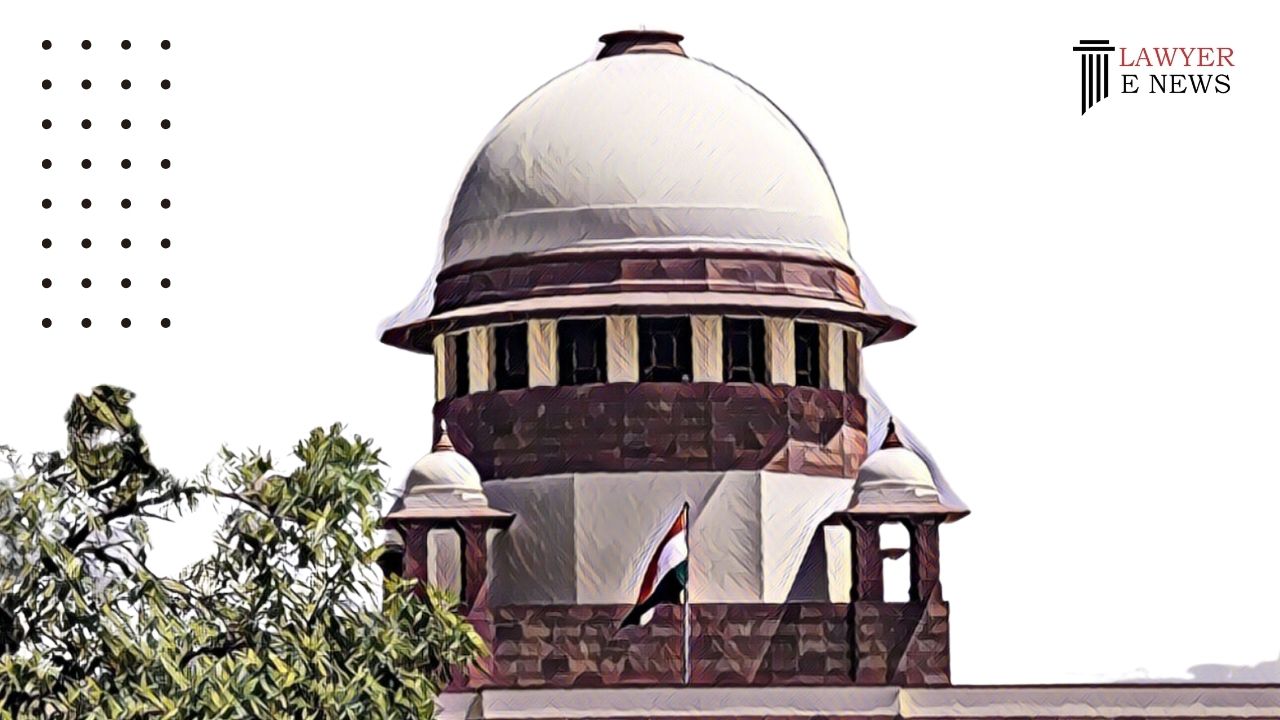-
by Admin
16 February 2026 1:47 PM



In a significant ruling, the Supreme Court upheld the existing criteria set by the State of Goa for identifying forests in private properties. The apex court’s judgment comes as a setback to the appellant, who challenged the National Green Tribunal’s order that upheld Goa’s forest identification criteria.
The bench comprising Justices B.R. Gavai, Aravind Kumar, and Prashant Kumar Mishra observed, “The existing criteria for identification of private forests in the State of Goa are adequate and valid, hence, they require no alteration.” This statement clarifies the court’s stance on maintaining the status quo regarding the criteria for defining private forests.
The Supreme Court’s judgment revolved around the criteria set by the State of Goa, which requires a minimum area of 5 hectares and a canopy density of 0.4 for an area to be identified as a forest. The appellant proposed a change to these criteria, suggesting a reduction to a 1-hectare area and a 0.1 canopy density, which the court declined.
The bench further noted, “Each State possesses its distinctive geographical features, and as a result, the criteria may vary from one State to another.” This observation underlines the court’s recognition of the diverse geographical conditions across India, necessitating different criteria for forest identification in different states.
The court also addressed the issue of res judicata, stating that the appellant’s challenge to the criteria was barred by the principles of res judicata, as the criteria had attained finality in previous judgments.
Emphasizing the importance of sustainable development, the court observed that the criteria for identifying forests seek to balance environmental protection and developmental needs.
In conclusion, the Supreme Court rejected the appeals, upheld the National Green Tribunal’s decision, and vacated the interim order. This judgment is expected to have significant implications for environmental law and forest conservation in India.
Date of Decision: 24th January 2024
T.N. GODAVARMAN THIRUMULPAD VS UNION OF INDIA AND OTHERS
